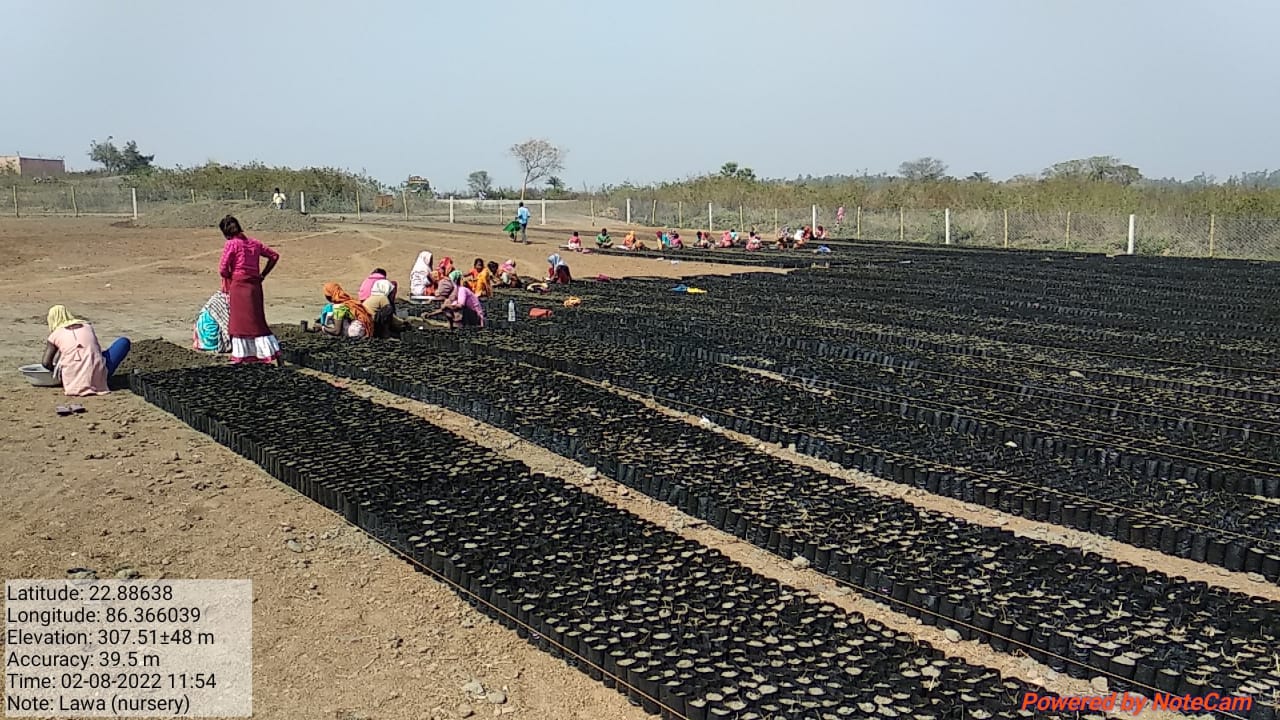Nature-based solutions have gained prominence as effective strategies for addressing environmental challenges and getting carbon credits while promoting sustainable development. In this blog post, we delve into the concept of nature-based solutions and highlight how IMPCA can assist companies in developing AFOLU (Agriculture, Forestry, and Other Land Use) projects. By leveraging IMPCA’s expertise, companies can harness the power of nature to tackle climate change, enhance biodiversity, and achieve sustainable impact.
Understanding Nature-Based Solutions: Nature-based solutions involve using nature and its processes to address environmental issues and promote sustainable development. These solutions harness the power of ecosystems, biodiversity, and natural resources to deliver multiple benefits. IMPCA educates companies about the various types of nature-based solutions, such as reforestation, wetland restoration, agroforestry, and sustainable land management. By embracing these solutions, companies can contribute to climate change mitigation, adaptation, and biodiversity conservation.
The Role of AFOLU Projects: IMPCA specializes in developing AFOLU projects, which encompass agriculture, forestry, and other land use initiatives. These projects focus on utilizing land resources sustainably while generating positive environmental and socio-economic outcomes. IMPCA assists companies in designing and implementing AFOLU projects tailored to their specific needs and objectives. By integrating sustainable agricultural practices, forest conservation, and land-use planning, companies can drive meaningful change and contribute to nature-based solutions.
Climate Change Mitigation and Adaptation: AFOLU projects play a crucial role in climate change mitigation and adaptation. IMPCA helps companies identify opportunities to sequester carbon through reforestation, afforestation, and agroforestry practices. These projects not only contribute to carbon sequestration but also enhance ecosystem resilience, water management, and soil health. By integrating climate-smart agricultural practices and sustainable land use, companies can reduce greenhouse gas emissions and build climate resilience.
Enhancing Biodiversity and Ecosystem Services: IMPCA recognizes the importance of biodiversity conservation and ecosystem services. AFOLU projects enable companies to protect and restore critical habitats, promote sustainable agriculture, and enhance biodiversity corridors. By incorporating ecological principles into land-use planning and agricultural practices, companies can support pollinators, conserve wildlife, and ensure the provision of vital ecosystem services such as water purification and soil fertility.
Achieving Sustainable Development Goals (SDGs): IMPCA aligns AFOLU projects with the United Nations’ Sustainable Development Goals (SDGs). These projects contribute to multiple SDGs, including those related to climate action, sustainable cities and communities, responsible consumption and production, and life on land. IMPCA assists companies in measuring and tracking the impact of their AFOLU projects against specific SDG targets, ensuring alignment with global sustainability agendas.
Conclusion: Nature-based solutions, especially AFOLU projects, offer a powerful approach for companies to address environmental challenges and achieve sustainable impact. IMPCA’s expertise in developing and implementing AFOLU projects enables companies to leverage nature’s potential to mitigate climate change, enhance biodiversity, promote sustainable land use and get carbon credits to be carbon neutral. By embracing nature-based solutions, companies can contribute to a more sustainable and resilient future while aligning with Sustainable Development Goals.


